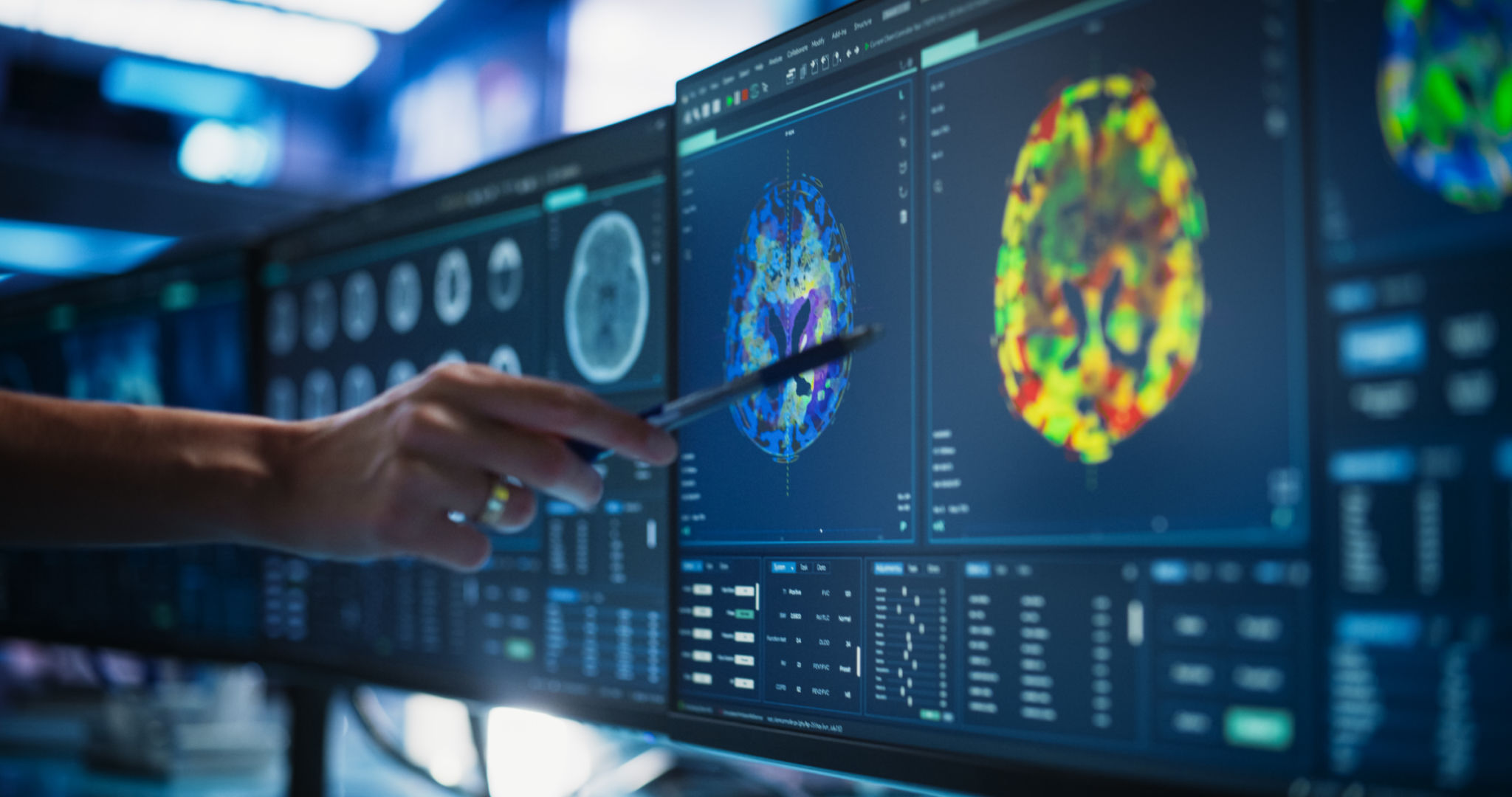Successful AI Healthcare Projects and Their Transformative Impact
The Rise of AI in Healthcare
The integration of Artificial Intelligence (AI) into the healthcare sector is revolutionizing how medical professionals diagnose, treat, and manage diseases. AI projects in healthcare have demonstrated their transformative impact by improving patient outcomes, enhancing operational efficiency, and reducing costs. From predictive analytics to robotic surgeries, AI is reshaping the landscape of medical care in unprecedented ways.
One of the most remarkable aspects of AI in healthcare is its ability to analyze vast amounts of data quickly and accurately. This capability allows for early diagnosis and personalized treatment plans, which can significantly improve patient prognoses. As AI continues to evolve, its applications in healthcare are becoming more sophisticated and widespread.

Predictive Analytics in Disease Management
Predictive analytics is one of the most promising applications of AI in healthcare. By analyzing historical data and identifying patterns, AI systems can predict disease outbreaks and patient deterioration before they occur. This proactive approach allows healthcare providers to intervene earlier, potentially saving lives and reducing the burden on healthcare systems.
For instance, AI algorithms have been successfully used to predict the onset of diseases such as diabetes and cardiovascular conditions. By identifying high-risk patients and providing tailored interventions, these AI-driven solutions can prevent complications and improve quality of life. This predictive capability exemplifies how AI is transforming disease management and prevention.

Enhancing Diagnostic Accuracy
AI has made significant strides in enhancing diagnostic accuracy across various medical fields. Machine learning algorithms are being used to analyze medical images, such as X-rays and MRIs, with a level of precision that often surpasses human capabilities. This advancement is particularly crucial in fields like radiology, where early and accurate diagnosis is vital.
AI-powered diagnostic tools are not only faster but also more reliable, reducing the risk of misdiagnosis. These tools can detect subtle abnormalities that might be overlooked by the human eye, leading to earlier treatment and better outcomes for patients. As AI technology advances, its role in diagnostics will continue to expand, offering new possibilities for patient care.

AI-Driven Robotic Surgeries
Robotic surgeries represent another groundbreaking application of AI in healthcare. These surgeries utilize AI-enhanced robotic systems to perform complex procedures with precision and minimal invasiveness. The use of AI in robotic surgeries reduces human error and allows for faster recovery times for patients.
Some of the most successful projects in this realm include robotic-assisted surgeries for cardiac, neurological, and orthopedic procedures. These surgeries have demonstrated lower complication rates and improved surgical outcomes. The integration of AI into surgical practices continues to push the boundaries of what is possible in modern medicine.
Optimizing Healthcare Operations
Beyond direct patient care, AI is also optimizing healthcare operations. From streamlining administrative tasks to managing supply chains, AI technologies are enhancing the efficiency of healthcare facilities. This optimization allows medical professionals to focus more on patient care rather than bureaucratic processes.
AI systems can automate routine tasks such as scheduling appointments, managing electronic health records, and even assisting with billing and insurance claims. By alleviating these burdens, AI helps reduce operational costs and improves overall service delivery within healthcare institutions.

The Future of AI in Healthcare
The transformative impact of AI in healthcare is just beginning. As technological advancements continue, we can expect even more innovative applications that will redefine how medicine is practiced. The future may bring AI-driven personalized medicine, where treatments are tailored to an individual's genetic makeup, environment, and lifestyle.
With ongoing research and development, AI has the potential to address some of the most pressing challenges in global health. From improving access to care in underserved regions to tackling pandemics with greater efficiency, the possibilities are vast. The successful implementation of AI projects in healthcare today sets the stage for a healthier tomorrow.